Peer Mohamed Still Roams This Land
A man of spices, a man of trade, a mendicant, a believer, a man who wrote philosophical tracts; what brought him here? We can’t be sure from whence he came, but his presence is still palpable. Various communities come together to honour the memory of this seer. Some say it was the intrepid urge so common to men back then to dive into the unknown, others say the urge was simpler, proselytization, they suggest dismissively. Sometimes the most useful and revealing details lie in the myths..
What Brought The Travancore Aristocrats, a Spanish Republican Priest, and an Irish planter to Peermade?
One of them came here in the heights of the Spanish war. Father Feliccisimo came to be loved by the community for his grace and his simple ways. A true clergyman of the people, he could often be seen on the streets, playing with the children and chatting to locals about their concerns, their passions. Peermade held such a grasp on Father Feliccisimo that he never left the place for the last 40 odd years of his life. Many reasons drove people to Peermade, for this Spanish priest, it was the air of simplicity that the town wore so proudly.
The story of tea in India cannot be told without mentioning the English East India Company. It all began with the company trading with China for their burning desire for tea. The Chinese were wary to let this cavalier lot into their shores or harbours. Over the course of time, tea became commonplace in England, right from posh tea saloons to the newly industrialized working classes taking a fondness to it. The company needed a better model to manage the Isle’s tea craze. India, and other parts of Southeast Asia were where they would start plantations that would go on to yield the best tea in the world.
The Company took in all sorts of men, right from the nobles, to buccaneers who had nothing to lose. One of these men was J.J Murphy, an Irishman who was known for his rubber and tea plantations. Murphy was a true visionary who looked beyond cold commerce, but saw the value in building a community in the ideal environs of this unique place in the hills. He set up many schools, hospitals, bridges, and roads in the region, realising the value of what this land offered.
It was also the company that oversaw a slew of strange temporal and topographical experiments. These experiments, built from memory, labour, and vision, came to be known as “hill stations”, places that were meant to transport one back to the hills of the old country, a curious process of imposed memory.
Nevertheless, these hill stations are firmly etched in the Indian national imagination, often serving as getaways for vast sections of the population. The Travancore royal family were besotted by Peermade, finding it the ideal climate compared to the tropical heat of Trivandrum. So they came to set up a quiet, modest outpost here, made in the traditional Kerala style, wood and stone being the dominant material used. Theirs was a distinct, understated sense of taste, which reflected in their diet too, simple, vegetarian fare utilising fresh, local produce.
Come to Peermade, a place that has been home to many unlikely people, and yet, when you make your way here, you will understand why; in your own way.
